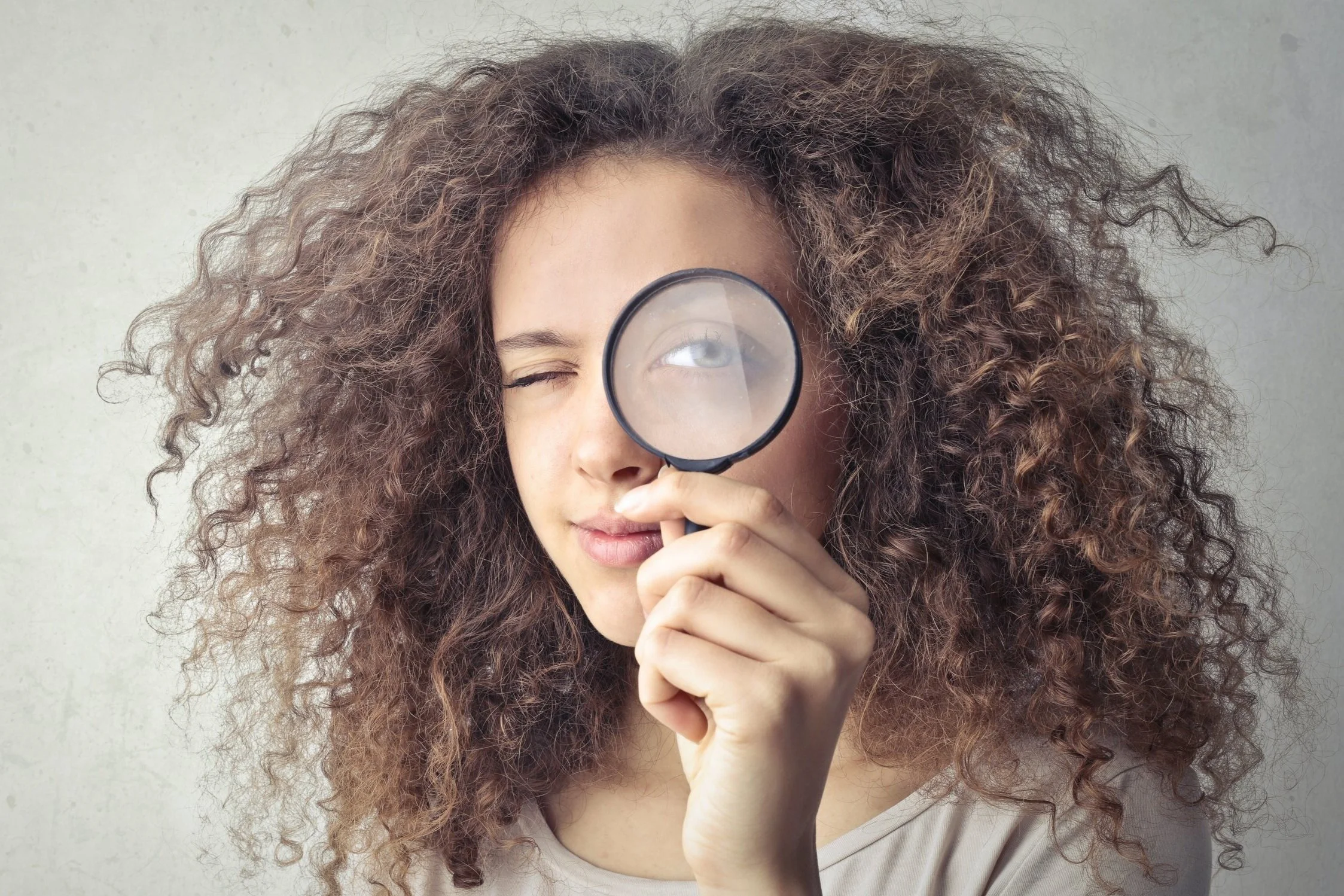
Knowledge
To Code Switch or Not to Code Switch?
Some people are not familiar with how to handle themselves in societal conditions other than what they are used to and they will flop in social and cultural situations or be intimidated. But then there are some people who can maneuver easily in any social and cultural situation and blend in easily because they know understand how to code switch. Katelynn attended Mays High School in Atlanta, Georgia, and explains when and how to code switch in her TedX Talk.
How Code-Switching Explains the World
by Gene Demby | April 8, 2013
So you're at work one day and you're talking to your colleagues in that professional, polite, kind of buttoned-up voice that people use when they're doing professional work stuff.
Your mom or your friend or your partner calls on the phone and you answer. And without thinking, you start talking to them in an entirely different voice — still distinctly your voice, but a certain kind of your voice less suited for the office. You drop the g's at the end of your verbs. Your previously undetectable accent — your easy Southern drawl or your sing-songy Caribbean lilt or your Spanish-inflected vowels or your New Yawker — is suddenly turned way, way up. You rush your mom or whomever off the phone in some less formal syntax ("Yo, I'mma holler at you later,"), hang up and get back to work.
Then you look up and you see your co-workers looking at you and wondering who the hell you'd morphed into for the last few minutes. That right there? That's what it means to code-switch.
The Urgency of Intersectionality
Now more than ever, it's important to look boldly at the reality of race and gender bias—and understand how the two can combine to create even more harm. Kimberlé Crenshaw uses the term "intersectionality" to describe this phenomenon; as she says, if you're standing in the path of multiple forms of exclusion, you're likely to get hit by both. In this moving talk, she calls on us to bear witness to this reality and speak up for victims of prejudice.
